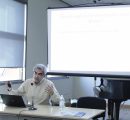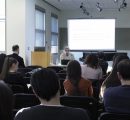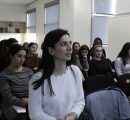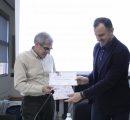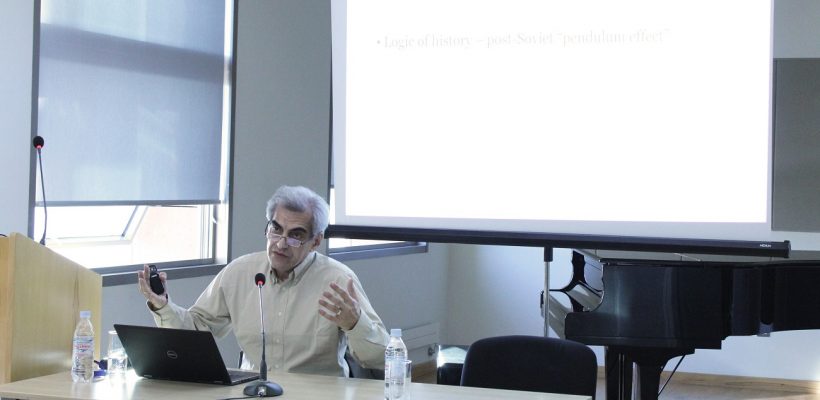
Religion and the Conservative Turn in Russia’s Public Sphere and Politics
2 min readYEREVAN, Armenia – On October 31, the American University of Armenia (AUA) Political Science and International Affairs (PSIA) program held a seminar on the topic Religion and the Conservative Turn in Russia’s Public Sphere and Politics. The seminar was led by Dr. Alexander Agadjanian, Professor at the Center for the Study of Religion, Russian State University for the Humanities, Moscow.
The speaker asserted that the last decade has witnessed a conservative turn on a global scale. There has been a noticeable rise in the political and social mobilization of groups opposing universalism, groups that are skeptical of globalistic and integrative processes and advocate for a more isolationist, nation-focused politics. The speaker postulated that this trend might be a global adjustment to the unprecedented growth of liberal discourses and practices in the last two decades.
Dr. Agadjanian then explained how the Russian case fits well in this global conservative turn. The political elite has consolidated around a conservative agenda that was further articulated since the political unrest in the early 2010s and especially after the Ukrainian crisis of the mid-2010s. Orthodox Christianity has become an important resource for promoting and legitimating the conservative agenda. Yet, relying upon Orthodox “traditional values” creates many political challenges and rouses counter-mobilization.
While defining what religion is, Dr. Agadjanian stated that it acts as a symbolic resource for fastening, binding and expressing anti-global discourses and movements. In his presentation, the speaker also touched upon the limits of using religion in Russian politics and drew parallels with the case of Armenia.
The presentation was followed by questions and answers during which the audience was particularly interested in the case of Armenia and raised questions on the reasons why Armenia stands out from global trend.
The AUA PSIA program equips students with advanced analytical reasoning, critical thinking, and communication skills through the study of political science and international affairs, emphasizing local and global perspectives and practical applications of theory. The program aims to provide world-class research and teaching, through which graduates can best contribute to the development of the nation.

